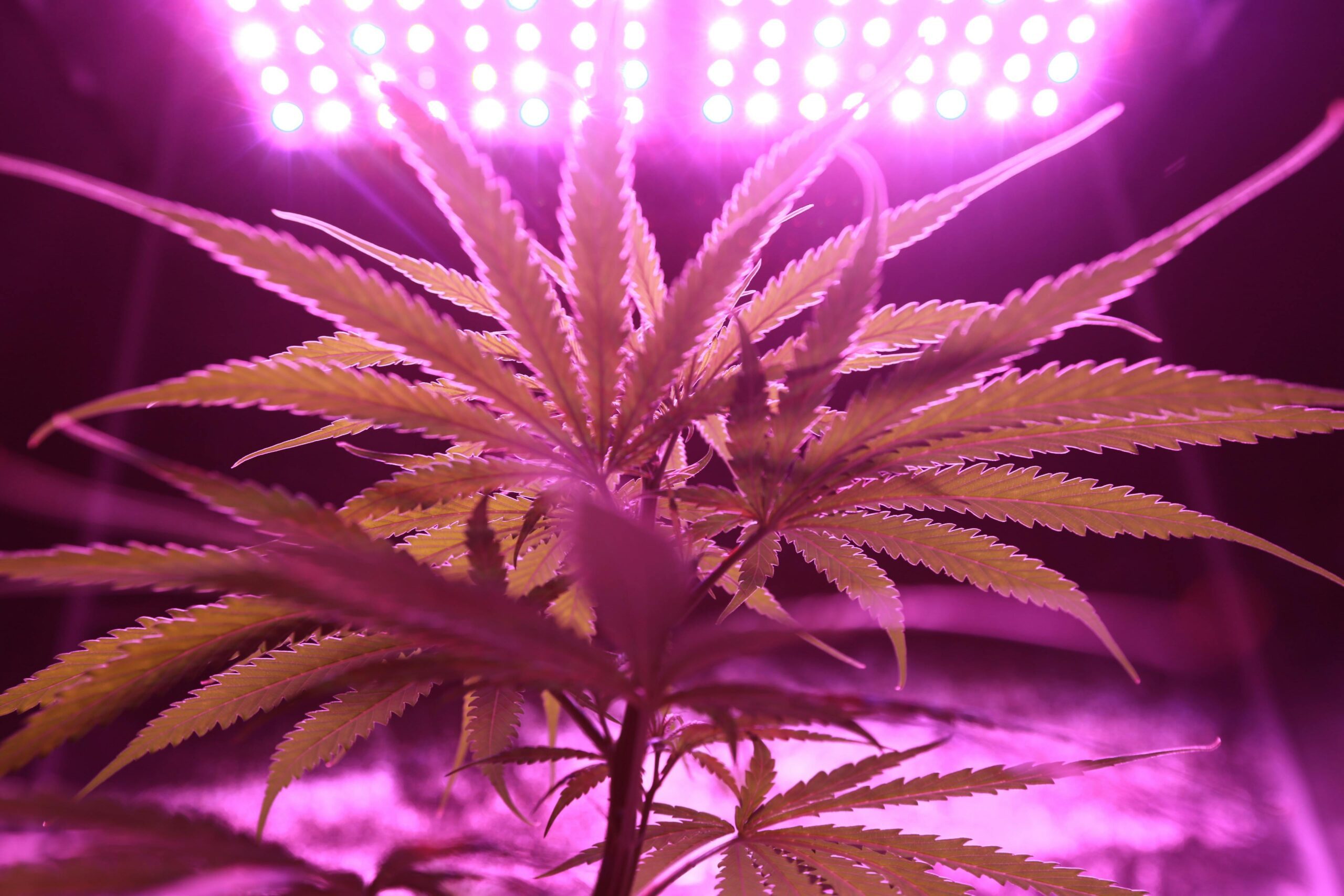As cannabis legalization becomes increasingly common across the United States, Minnesota cannabis laws are undergoing significant changes. For residents, businesses, and visitors alike, understanding the evolving regulatory landscape is critical. This comprehensive overview explains the history, current status, and future prospects of cannabis laws in Minnesota.
A Brief History of Cannabis Laws in Minnesota
Early Decriminalization Efforts
Minnesota’s journey with cannabis legislation began in 1976, when the state decriminalized possession of small amounts (specifically, up to 42.5 grams). This move downgraded the offense to a petty misdemeanor, marking Minnesota as an early adopter of a more lenient approach to cannabis-related offenses.
Expansion and Limitations
While the 1976 legislation was progressive for its time, the state maintained a cautious stance for several decades. Broader legalization efforts stalled, and users with amounts exceeding the decriminalized threshold still faced criminal charges. The groundwork for future reform was laid, however, as discussions increasingly focused on the potential medical benefits of cannabis.
Cultural and Political Shifts
Over the years, shifting public attitudes and increasing advocacy led to a broader conversation around cannabis legalization. As more states enacted medical and recreational cannabis laws, pressure grew within Minnesota to modernize its policies.
Medical Cannabis Legalization
Establishing the Medical Cannabis Program
In 2014, Minnesota enacted a medical cannabis law that allowed patients with qualifying conditions to access non-smokable cannabis products. The program was designed with tight regulatory oversight, focusing on serious medical conditions such as cancer, epilepsy, and chronic pain.
Program Evolution and Expansion
Since its inception, the medical program has expanded. The list of qualifying conditions has grown, and in 2021, smokable cannabis became available to registered patients, offering greater flexibility and affordability.
Patient and Provider Experience
While patients generally welcomed increased access, some still express concerns about high costs and limited product availability. Medical professionals, in turn, must carefully navigate certification requirements and state compliance rules, highlighting the complexity of participating in the system.
Recent Developments and the Push for Adult-Use Legalization
Legislative Attempts
Efforts to legalize adult-use cannabis in Minnesota have gained traction but not yet succeeded. Multiple bills have been introduced addressing issues such as licensing, taxation, and social equity, though legislative hurdles remain.
Public Opinion and Advocacy
Public support for legalization has grown steadily, with advocacy groups playing a pivotal role in shaping policy discussions. Polls consistently show a majority of Minnesotans favor legalizing recreational cannabis.
Economic Considerations
Legalization could bring substantial economic benefits, including increased tax revenue, job creation, and growth in ancillary industries. These factors continue to influence legislative debate.
Decriminalization and Social Justice
Reducing Penalties
Minnesota has taken steps to reduce the penalties associated with cannabis possession, particularly for first-time and non-violent offenders. These reforms align with a broader shift towards treating cannabis use as a public health issue.
Expungement and Equity Initiatives
Addressing the historical impact of cannabis criminalization is a growing priority. Minnesota is pursuing expungement programs aimed at clearing past convictions and improving access to housing, employment, and education for affected individuals.
Community Engagement
State agencies and advocacy groups are working collaboratively to ensure reforms are equitable and that the voices of historically marginalized communities are heard.
Current Cannabis Laws in Minnesota
Possession and Use
Cannabis possession and use remain legal only for registered medical patients. Non-medical possession over the decriminalized limit can result in criminal charges, fines, or incarceration.
If you have been charged with a cannabis crime in Minnesota, we can help. Contact us today.
Cultivation
Home cultivation is currently illegal—even for medical patients. Only state-licensed producers may grow cannabis, and the regulatory framework ensures strict oversight of cultivation practices.
Buying and Selling
Patients must be certified by a healthcare provider and registered with the Minnesota Department of Health to purchase cannabis from licensed dispensaries. Unlicensed sales remain illegal and are prosecuted aggressively.
Implications for Residents and Businesses
Compliance for Cannabis Businesses
Businesses entering Minnesota’s medical cannabis market must comply with strict licensing, safety, and reporting requirements. Regulatory compliance is essential to avoid costly fines or license revocation.
Licensing and Quality Standards
Product quality, labeling, and distribution are all tightly regulated. Businesses must invest in quality assurance and maintain thorough documentation to remain in good standing.
Opportunities and Challenges
While the legal cannabis industry offers opportunities, businesses must navigate complex legal, financial, and logistical challenges. Staying current with Minnesota cannabis laws is essential for long-term success.
Social Justice and Equity
Minnesota’s evolving cannabis laws include a focus on correcting past injustices. Efforts include:
-
Expunging low-level cannabis offenses
-
Supporting minority-owned cannabis businesses
-
Community reinvestment through equity programs
These initiatives aim to ensure that legalization benefits are shared equitably.
The Future of Minnesota Cannabis Laws
Prospects for Recreational Legalization
Minnesota may soon follow other states in legalizing recreational cannabis. Advocates continue to push for comprehensive reforms that address regulation, social equity, and public health.
Expanding the Medical Program
Lawmakers are also considering expanding the medical program, potentially lowering costs and broadening access to more patients.
Enhancing Social Equity
Future legislation is expected to include stronger social equity provisions, including targeted licensing, grant programs, and community reinvestment strategies.
Community Participation
Public forums and policymaker engagement are critical. Residents can shape future cannabis laws by participating in discussions and advocating for reforms that reflect community values.
Staying Informed About Minnesota Cannabis Laws
Minnesota cannabis laws are complex and evolving. As the state moves forward, residents and businesses must remain informed to navigate these changes successfully. Whether you’re a patient, entrepreneur, or advocate, understanding the current legal landscape—and anticipating future developments—is essential.



